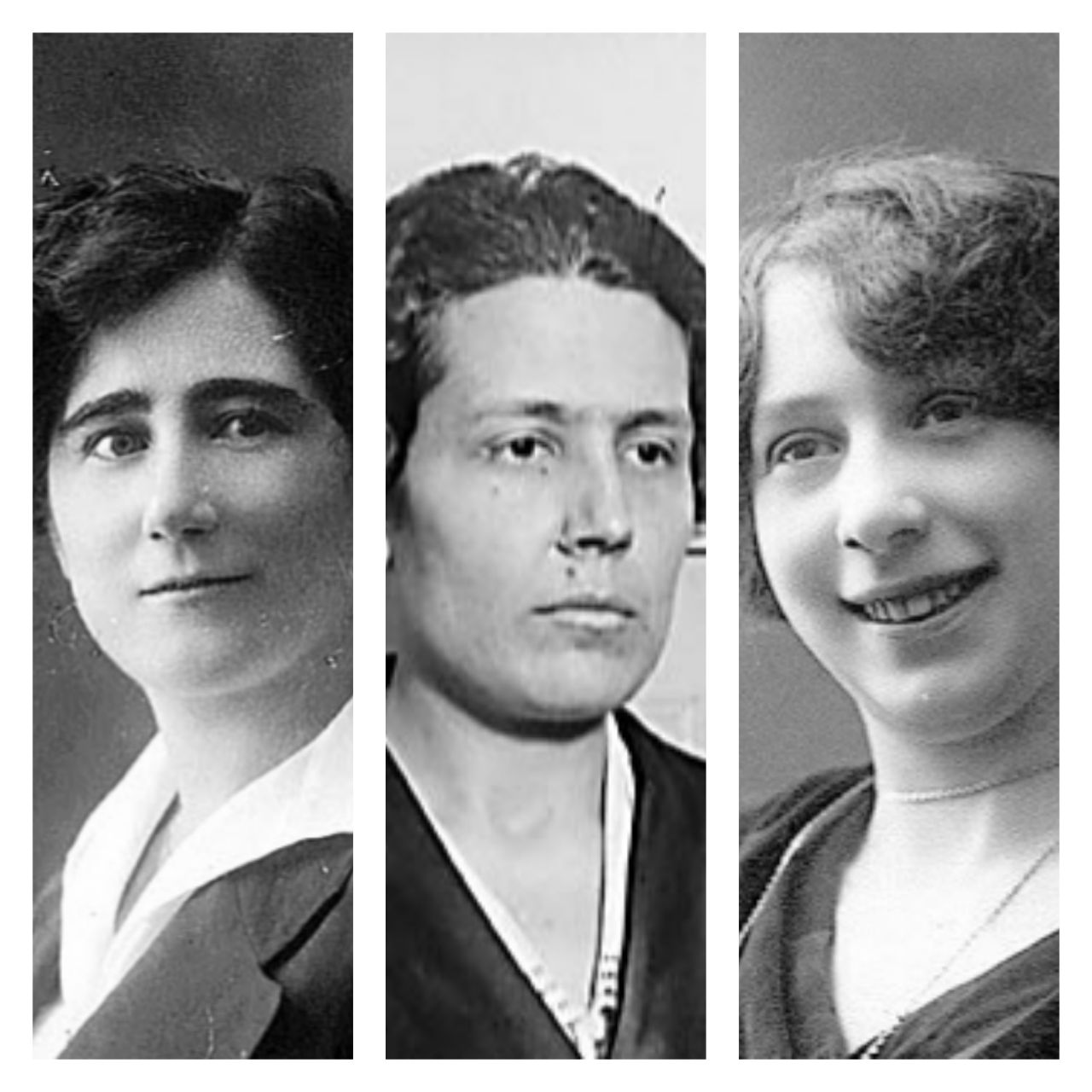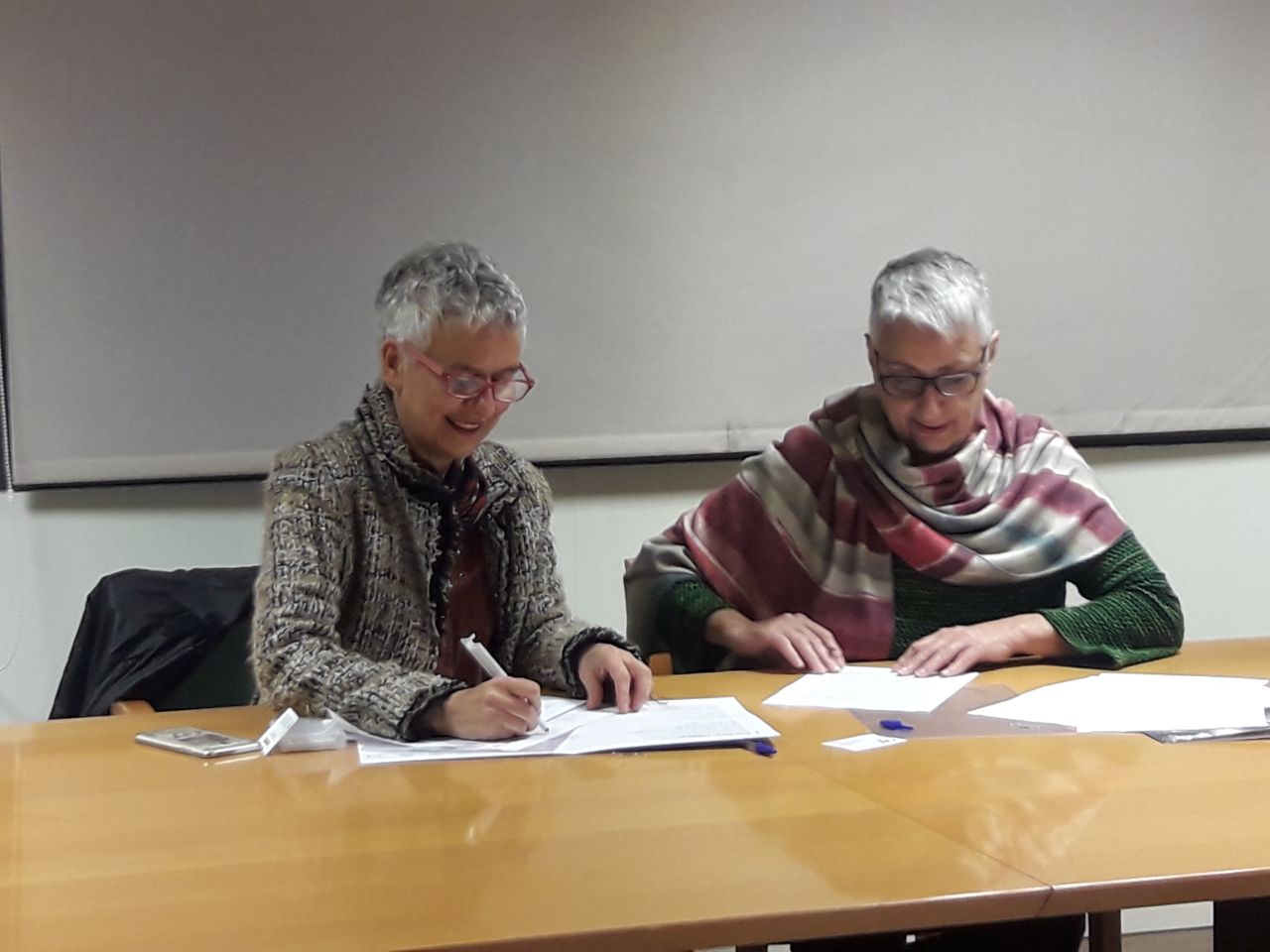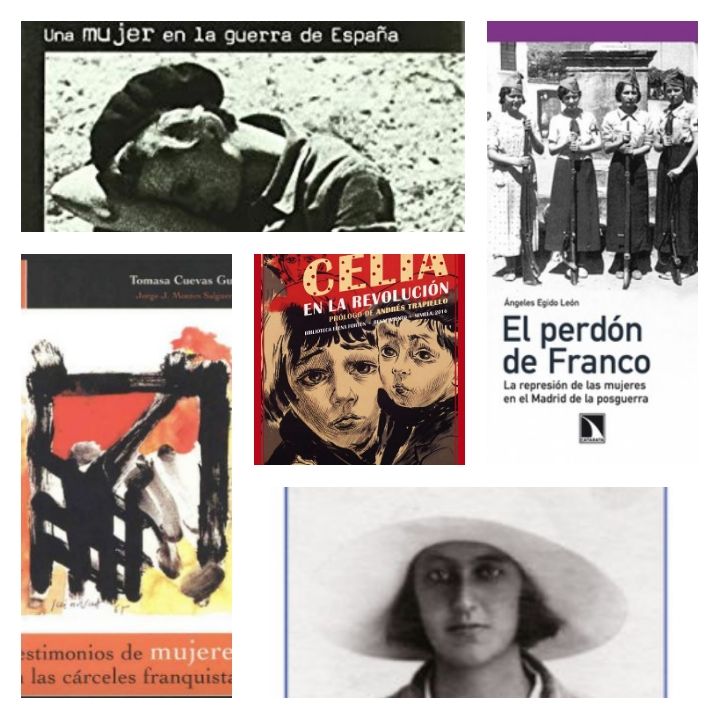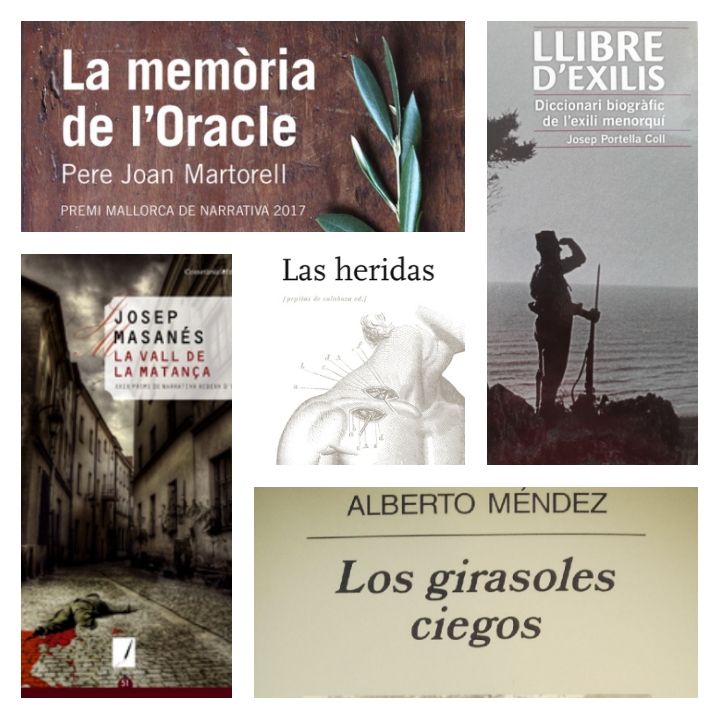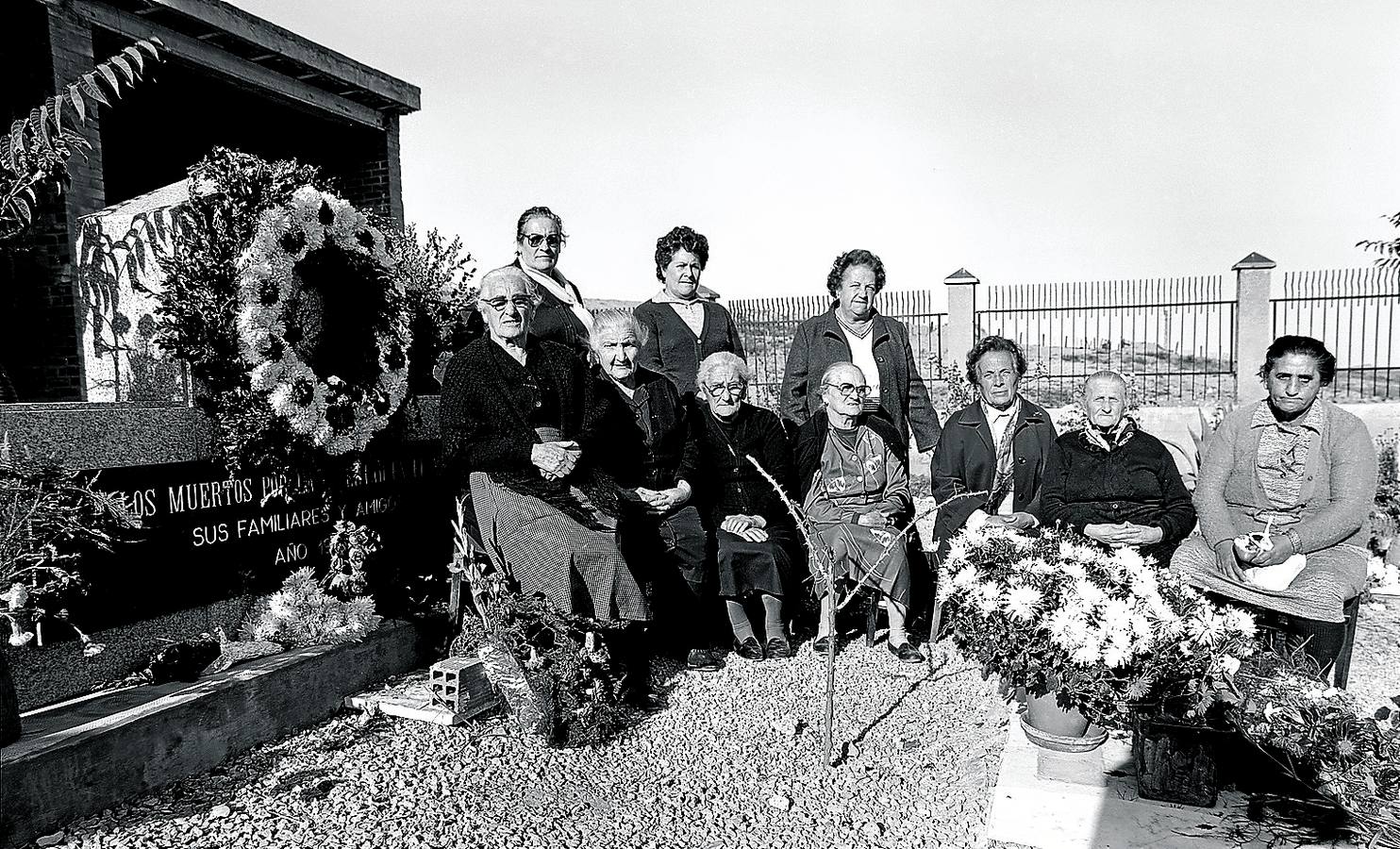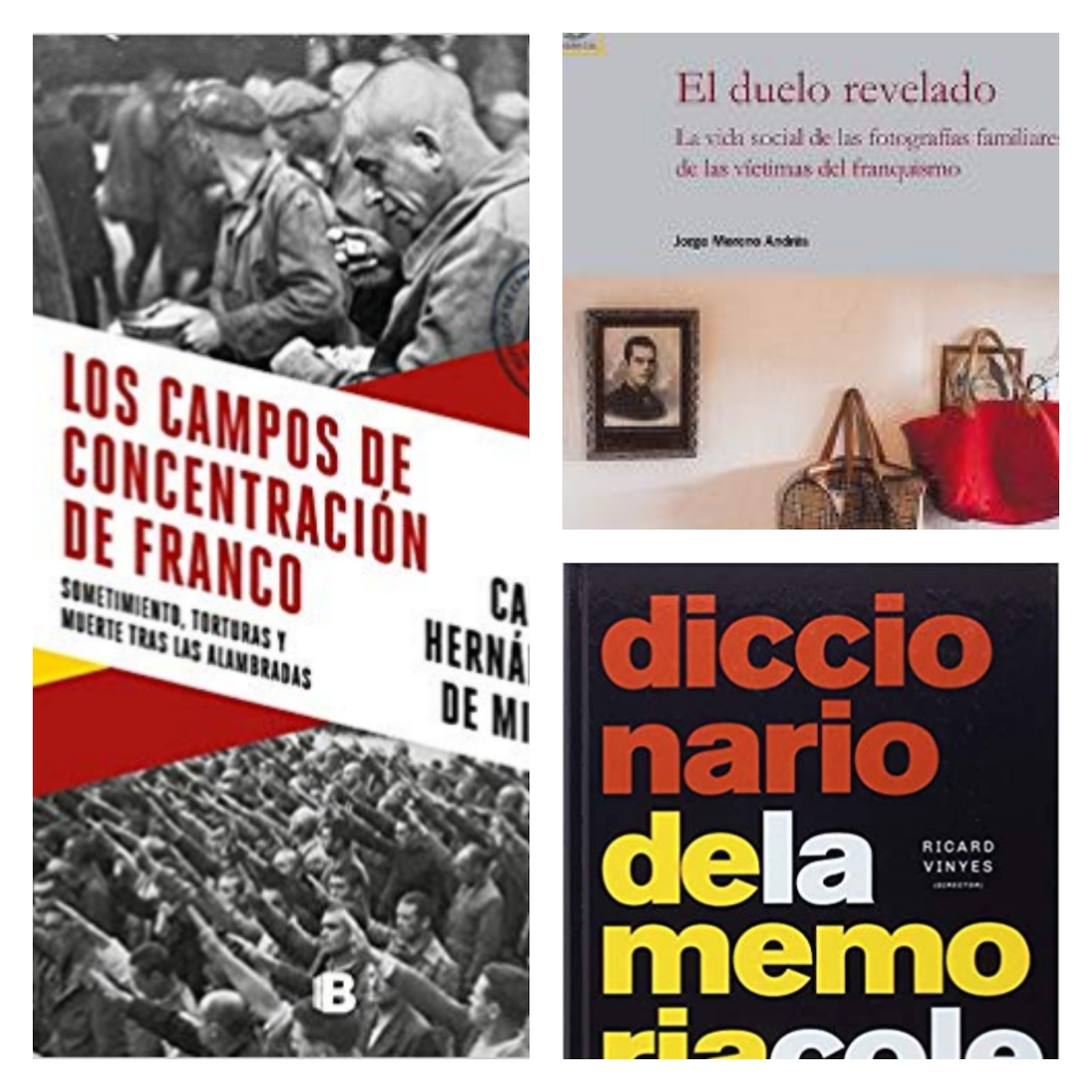Innovation and Human Rights is a member of the Coalición Pro Acceso, Along with around twenty other organisations, we have petitioned the Spanish government to guarantee the right of access to information, following the suspension of administrative procedures under the State of Alarm declared on 14 March in response to the coronavirus crisis.
The Coalición ProAcceso, which ihr.world joined in March 2017, is an initiative launched by Access-Info, which defends and promotes the right of access to information in Europe. Its membership includes associations of Archivists, Journalists, Lawyers and other groups of citizens. Defending the right to access to information has always, since its establishment, been a key aspect of the work of our organisation. At the end of this article you will find a list of all of the organisations involved; in some cases you may obtain further information on them by clicking on the links provided.
Our requests are as follows: changes in legislation, the participation of archivists in the management of access to information, the establishment of a network centralising official information about Covid-19, the publication of open data and, finally, guarantees for the protection of privacy in the process of digital data-tracking.
Access to information is fundamental
In a letter sent to Carolina Darias, the Minister of Regional Policy and Public Administration , the member-organisations of the Coalición Pro Acceso denounce the effects of the Coronavirus pandemic on transparency and the right of access to information, which is a fundamental right which must be protected especially at times of crisis. If we want citizens to trust institutions, it is essential that they know what those institutions are doing and that they are confident that they may hold the government accountable for its actions.
The seriousness of the situation created by the Covid-19 pandemic has led the Government to take exceptional measures such as the suspension of plazos administrativos (the period within which official institutions are required to take action), a measure which has also occurred in many other countries, both in Europe and in the Americas. However, there are also examples of good practice, both within Spain and elsewhere, which demonstrate that, in spite of the circumstances, it is possible to fulfill the rights of the citizen in this regard:
- In Argentina, the measure has been altered so as to maintain the time limit requirements for replies to requests to access to information;
- In the European Union both the Council and the Commission have maintained the requirement to reply to requests, although they have given notice that in some cases there may be longer delays;
The Coalición Pro Acceso calls upon the Spanish government to adopt the following measures:
- Amend Real Decreto 463/2020, so as to include the right of access to information among the exceptions to the suspension of administrative requirements;
- Require the information sections of the state administration to ensure that, as long as the State of Alarm continues, they prioritise all requests for information relating to Covid-19, basing this on section four of the Disposición Adicional Tercera of the Real Decreto, which provides for the continuation of normal administrative procedures in matters related to the pandemic;
- Continue, as far as possible, to deal with those enquiries which are unrelated to the pandemic, whether received before or during the State of Alarm, thus avoiding delay in their resolution.
- Fully document in a proper fashion all decisions taken and all action taken, in order to ensure the correct management of all information.
- In the event that extra personnel are required to deal with requests for access to information, draw on the assistance of the archivists of the public sector as provided for in the eighteenth Disposición Adicional of the Real Decreto – Ley 11/2020, dated 31 March, under which urgent additional measures may be adopted in social and economic matters in order to confront Covid-19.
Moreover, in order to ensure the transparency of the actions of public institutions it is necessary to carry out the following:
- Create either a specific web page or a specific section on the Transparency Portal of the Government dedicated exclusively to Covid-19, on which should be published in a proactive and centralised manner, all of the information related to the management of the pandemic (health, legal, labour, economic, scientific, budgetary, environmental….) at all levels – national, autonomous community and local – providing data in the most disaggregated way possible (by neighbourhood). Priority should be given to providing the information required in the form most frequently requested. All of the data should be published in formats which are open and reusable, along with the corresponding metadata, and should also be included in a special section dedicated to Covid-19 on ;
- Publish in a proactive manner and with immediate effect:
- details of the composition of the scientific committees, along with the reports which formed the basis of decisions taken by the Government;
- all of the information relating to emergency public contracts, including the names of the intermediaries, the beneficiaries, the contracts themselves, settlement of accounts, implementation, etc.
- Maintain digital support for the provision of all information related to Covid-19 which facilitate the traceability of the action taken and, thus, guarantee an adequate accounting procedure.
- Guarantee protection of privacy, ensuring that the digital tracking and vigilance employed to protect the health of the citizens in this emergency are only a temporary measure and their use is constantly supervised by specialists and by members of civil society, thus ensuring complete transparency in the use of the data collected.
List of organisations supporting this petition:
- Access Info Europe
- Archiveros Españoles de la Función Pública (AEFP)
- Asociación Andaluza para la Defensa de los Animales (ASANDA)
- Asociación de Archiveros de Castilla y León (ACAL)
- Asociación de Archiveros y Gestores de Documentos del Principado de Asturias (AAPA)
- Asociación de Usuarios de la Comunicación (AUC)
- Asociación Española de Acreditación de la Transparencia (ACREDITRA)
- Asociación Innovación y Derechos Humanos (ihr.world)
- Asociación para la Comunicación e Información Medioambiental (ACIMA)
- Asociación Pro Derechos Humanos de España (APDHE)
- Associació Ciutadania i Comunicació (ACICOM)
- Cibervoluntarios
- CIECODE
- Coordinadora ONGD – España
- Federación de Sindicatos de Periodistas (FESP)
- Fundación Civio
- Fundación Compromiso y Transparencia
- Fundación Hay Derecho
- Gobierno Transparente
- Greenpeace España
- Manuel Sánchez de Diego
- Observatorio Ciudadano Municipal de Jerez (OCM Jerez)
- Observatorio de RSC
- Plataforma en Defensa de la Libertad de Información (PDLI)
- Red de Abogados y Abogadas para la Defensa Ambiental (RADA)
- Reporteros Sin Fronteras, Sección Española
- Sociedad Española de Documentación e Información Científica (SEDIC)
- Xnet


